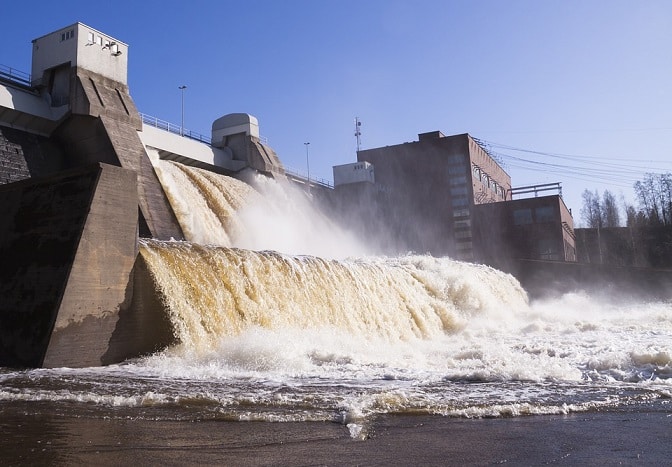Water is at the heart of everything on the planet. Humans, animals and plants need it to survive; it is also needed for agriculture, energy and industry, yet how much do we really protect its sources?
Naturally sourced waters are renewable resources that constantly replenish themselves via nature’s water cycle. These include rivers, lakes, dams and underground water aquifers.
Contaminated groundwater is difficult and expensive to clean up, and although there are solutions, they tend to be expensive. It is therefore far better to prevent our water sources from being contaminated in the first place.
Thanks to various legislations, most manufacturers are using less toxic raw materials, Agriculture is using less fertiliser, and consumers are using phosphate-free detergents and more natural household products where possible. The Clean Water Act and Safe Drinking Water Act have also been instrumental in protecting drinking water sources.
Groundwater conservation is also vital to ensure that there is sufficient pure, toxin-free drinking water sources, and this can easily be effected merely by using less water in the first place. By simply reducing the amount of water that we use on a daily basis, our water supplies will last far longer.
This can be achieved by:
- Abandoning wells that are not needed;
- Checking around the house for leaky taps and water pipes and have them fixed;
- Disposing of chemicals in a responsible manner;
- Getting involved in water education;
- Keeping a jug of drinking water in the refrigerator so that you do not need to run the tap until the water cools enough to drink it;
- Limiting the amount of fertiliser used on our plants and lawns;
- Run only full loads of dishes and laundry;
- Shut ting the water off while brushing your teeth;
- Take shorter showers and installing low-flow showerheads; and
- Taking used motor oil to a recycling centre.
Get bottled water coolers and mains water coolers from Living-Water.






